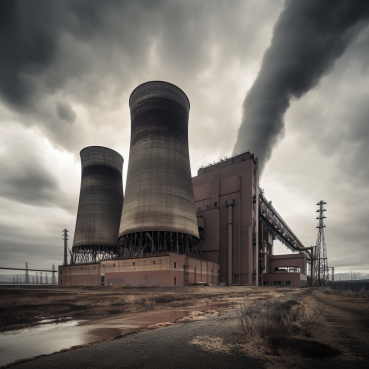March 24, 2023
Alarming Rise in Methane Emissions from Natural Wetlands Threatens Climate Goals
Book a Demo
New research is highlighting the alarming rise of methane emissions from natural wetlands and giving scientists reason to worry about hitting crucial climate change targets. A study in Nature found that methane emissions from wetlands in the tropics have increased by up to 12% over the past two decades.
Methane is a potent greenhouse gas that is many times more effective at trapping heat in the atmosphere than carbon dioxide. The majority of methane emissions come from human activities like fossil fuel exploitation, but natural wetlands also contribute a significant amount, and this new research shows those emissions are surging.
According to the study’s authors, if this trend continues unabated, it could undermine efforts to limit global warming to 1.5C or 2C. They call the findings “worrying” and say “urgent actions are needed” to preserve natural sinks and reduce emissions. The tropics contain the majority of the world‘s wetlands, so the increases seen in this region are particularly concerning. While the causes of the rise are complex, the increased emissions are linked to factors like climate change, agricultural expansion, and changes in rainfall patterns.
As the climate continues to warm, wetlands are drying out in some areas and flooding in others, altering how much methane they absorb or release. Some wetlands are also being drained or burned for farming, reducing their ability to retain methane. Methane emissions are just one of many challenges in avoiding catastrophic climate change according to scientists.
New research estimates the world must cut food waste nearly in half by 2030 to have a chance at keeping temperatures below 1.5C. Food waste accounts for about 8–10% of global emissions, so tackling this issue could make a major difference. Reducing emissions across all sectors of the economy will be crucial in the coming decades to meet crucial climate goals and limit the worst impacts of global warming.
While natural increases in methane emissions from wetlands are worrying, the good news is there are many opportunities for action to curb emissions and build a sustainable future for people and the planet. Urgent and concerted global efforts will be needed to rise to the challenge.



